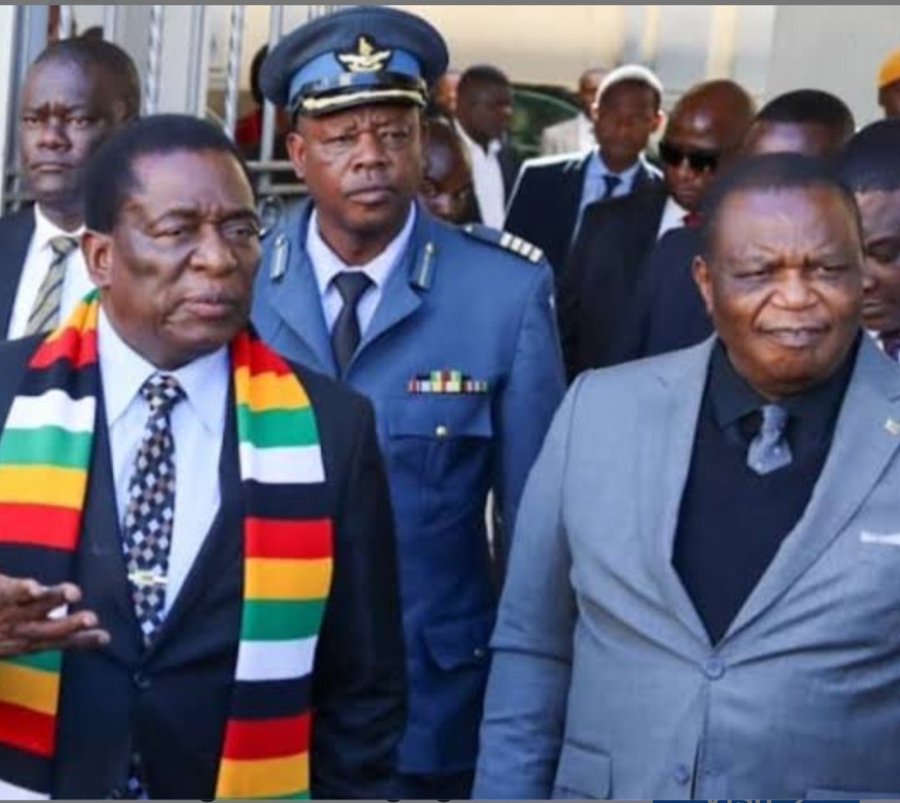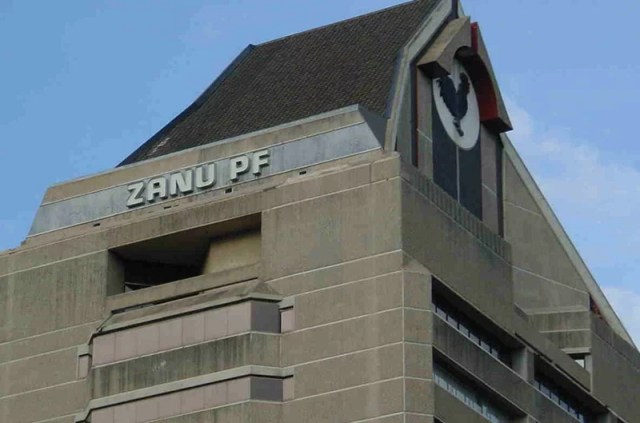ZIMBABWE’S DEMOCRACY UNDER THREAT WITH ARRESTS OF CIVIL SOCIETY

Recently, some members of the Zimbabwe Election Support Network (ZESN) and other Civil Society Organisations (CSO) were arrested while working on data tabulation for the elections. This move has caused concern for many people, as data tabulation is an important part of elections in any country. It helps make sure elections are transparent, honest, and show the true results of how people voted. Arresting people for doing this essential work is seen as a threat to democracy.
The Zimbabwe Electoral Commission (ZEC) had officially asked the CSOs to help with the data tabulation. So, their arrest is puzzling because they were doing what they were invited to do by the ZEC itself. This raises serious questions about the intentions behind the arrests and what kind of message it sends about the fairness of Zimbabwe’s electoral system.
Data tabulation is not just another task; it is critical to the entire election process. It helps ensure that votes are counted properly and that the results are correct. CSOs like ZESN play a key role in making sure elections are free and fair. If people working for these organisations are arrested while doing their jobs, it puts the whole election process in doubt. It also makes people wonder if there are forces trying to undermine democracy by not allowing transparency in the elections.
There could be several reasons behind these arrests, none of which are good for democracy. One possibility is that the arrest is a way to intimidate other CSOs, so they are scared to take part in future elections. This could reduce the checks and balances that are needed to make sure elections are conducted properly. Another possibility is that the people behind the arrests want to make people doubt the election results. By doing so, they could say that the results were not reliable, which could create confusion and uncertainty about who really won.
Civil society organisations are important in any country because they help connect the people with the government. They work to ensure that the voices of ordinary citizens are heard and that elections are fair. When the government arrests CSO members who are doing important work like election data tabulation, it sends a message that these organisations are not welcome. This harms the democratic process and makes it harder for people to trust that their vote will count.
Arresting CSO members for doing their jobs could also damage Zimbabwe’s reputation internationally. Many countries are watching how Zimbabwe conducts its elections, and these arrests send a bad signal to the rest of the world. Instead of showing that Zimbabwe is committed to free and fair elections, the arrests show the opposite—that there are forces in the country that do not want transparent elections. This could lead to criticism from other countries and international organisations.
If the group responsible for the arrests wants to maintain any credibility, they need to release the ZESN and CSO members right away. They should also apologise for these arrests and take steps to ensure that civil society organisations can work freely without fear of being arrested. The government needs to protect these organisations and make sure that people working to uphold democracy are not harassed or punished.
This situation, although troubling, presents an opportunity for Zimbabwe. The country can use this moment to show that it is committed to democratic values by correcting this mistake quickly. The government should work to support civil society and show that it respects their role in making sure elections are fair. Media, civil society, and the people should continue to push for justice and stand up for those who are working to protect democracy.
In the end, democracy is not just about voting on election day. It is about making sure that the entire election process is open and fair from start to finish. Arresting people who are working to ensure transparency in elections does not help democracy; it hurts it. The people of Zimbabwe deserve a system where their votes are counted fairly, and this can only happen if every part of the election process is open and honest.

